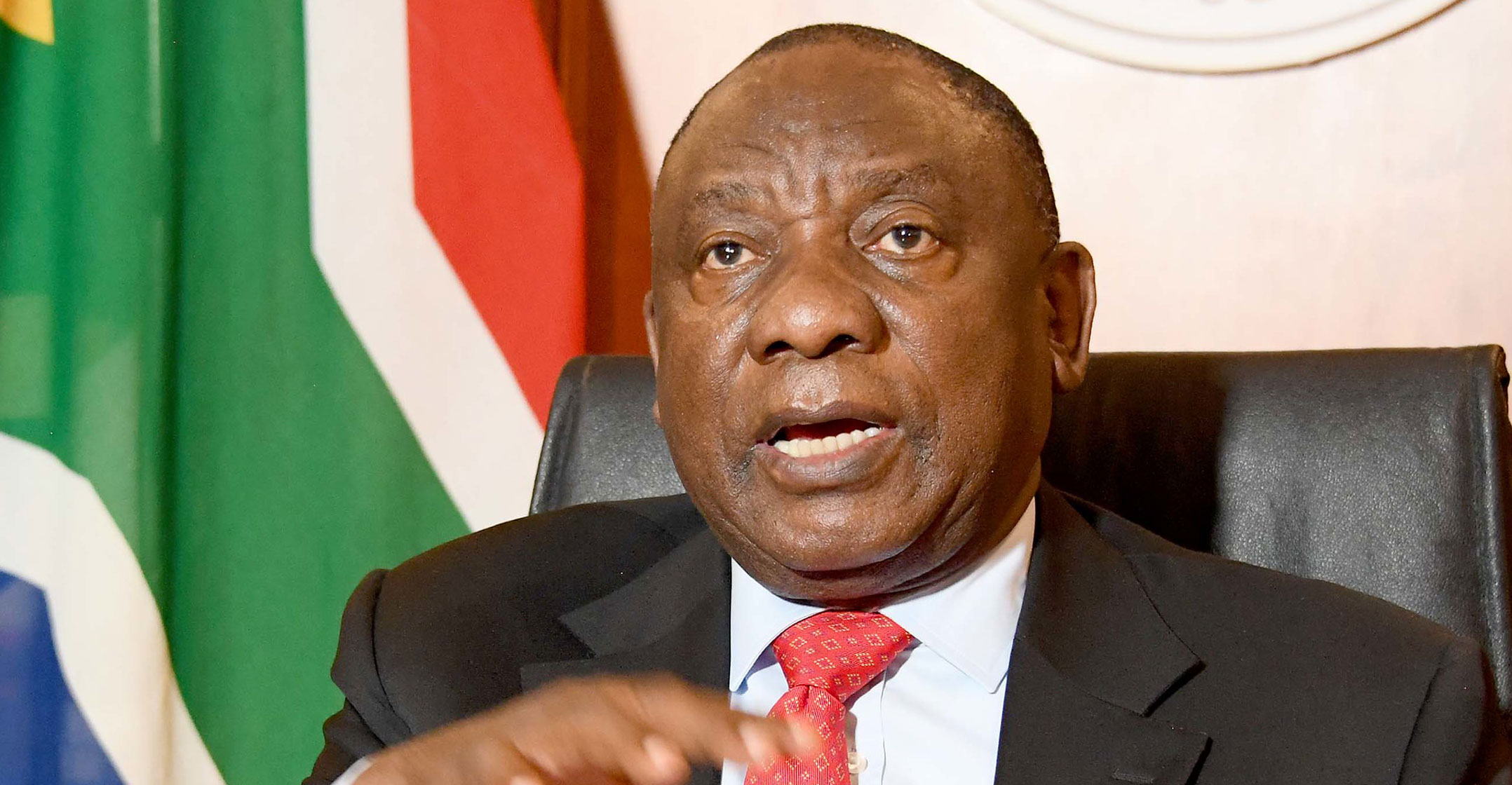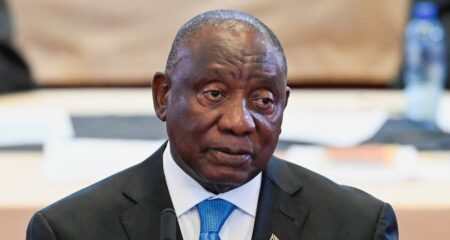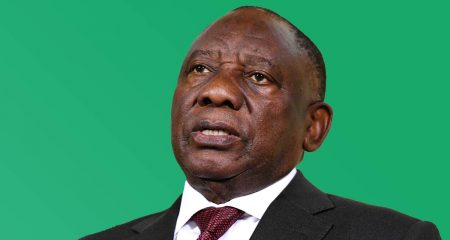
Business Unity South Africa (Busa) CEO Cas Coovadia has criticised the lack of urgency by government in taking the hard decisions to create an environment for investment and growth in the country.
Coovadia on Tuesday also indicated that Busa doesn’t believe that now is the time to have discussions with the government on labour representation on company boards and “tinker with board governance” – not when the country has significant economic and social problems to deal with.
In an address to a Consulting Engineers South Africa (Cesa) Infrastructure Indaba, Coovadia said Busa could not complain about access to President Cyril Ramaphosa or ministers.
“We get access. But we are not having the hard discussions we need to have that will lead to the tough decisions that are needed to make the fundamental structural reforms in the economy. That is because those discussions are happening at Nedlac (the National Economic Development and Labour Council).
“While Nedlac is a useful forum for social dialogue, it’s not a useful forum for decision making,” he said.
Coovadia said Busa worked with government and other stakeholders during the course of last year to manage the impact of Covid-19. It put together a comprehensive post-Covid recovery strategy that talked about repositioning the economy so it is inclusive and the majority of the people in the country have a stake in the economy.
‘A problem’
Coovadia said Busa presented this strategy to Ramaphosa and his team in June or July last year but the president decided the economic recovery discussions must take place at Nedlac. He said Busa has since then been involved in discussions at Nedlac but has yet to receive an invitation from the government to meet them bilaterally on their economic strategy, “which we think is a problem and are pushing for”.
“There has been a leadership issue, there has been a state capacity issue – and as a result of that, the discussions at Nedlac have quite honestly produced very little but we continue to do that and we continue to engage the president bilaterally to see if we can unblock that. We are absolutely clear and will continue to press hard on this,” said Coovadia.
“We have met the new minister of finance (Enoch Godongwana) and in the presidency (Mondli Gungubele) and they both agree that government, and the president in particular, need to lead this and need to have detailed, hard bilaterals with business on economic recovery,” he said.
Spectrum, renewable energy
Coovadia said the July upheavals – the looting and unrest in parts of the country – simply exacerbated what was already a bad situation and Busa agreed with Ramaphosa that the situation was an attempt at insurrection. He said that in discussions with Ramaphosa, Busa indicated that if it agreed on that, “this will be attempted again”.
However, Coovadia said there has again been very little movement on this and despite the government saying it has 14 suspects, nobody has been arrested. He said the government also admitted that it fell short on security and intelligence issues but nothing has been done to remedy it.
Coovadia added that an economic recovery action plan was developed at Nedlac and all Nedlac constituencies agreed in September 2020 on “immediately actionable items that government could move on”.
These include:
- The auction of the new broadband spectrum;
- Sorting out mining exploration licensing;
- Issuing the next request for proposals for renewable energy; and
- Sorting out the Durban port.
Coovadia said there has been no movement on some of these items six or seven months later. “The general problem we have on the whole economy recovery process and other issues that impact on this, is the lack of urgency, the lack of hard decision-making, and lack of leadership.
“Let’s thrash out the hard issues, let’s look at where compromise and trade-offs are necessary because they will be necessary across the board, and let’s take some decisions,” he said. “That is what we are pushing for.”
Coovadia said the major business organisations under Busa took a decision that they also need to meet the ruling party because a lot of the problems in government are as a result of the problems in the ruling party.
 “We need to indicate, not negotiate, to the ruling party that the way they are handling the issue is having a significant impact on the national interest and we would expect them to do something about it,” he said.
“We need to indicate, not negotiate, to the ruling party that the way they are handling the issue is having a significant impact on the national interest and we would expect them to do something about it,” he said.
Turning to labour representation on company boards, Coovadia said there is a whole range of issues related to confidentiality and fiduciary responsibilities to the board and the company being served. He stressed that board directors do not usually represent a contingent and are there with a fiduciary responsibility to the company. “We need to work through all of those issues,” he said.
Commenting on infrastructure investment, Coovadia said one of the problems is that “we have a smorgasbord of infrastructure projects and we can’t crack through any of them”.
Coovadia said Busa proposes that government work closely with the private sector on four or five major critical growth-generating infrastructure projects and that they plan these projects together.
He said there is also a need to address the blockages to rebuilding South Africa’s construction industry, including the “construction mafia”, and the creation of an appropriate labour environment to enable the construction industry to employ people easily.
Cesa president Sugen Pillay said it is important for South Africa to broadly reach consensus around the economic reconstruction and recovery plan. He said this plan places great emphasis on investment in infrastructure development as the bedrock that will support South Africa’s economic recovery.
Optimism
“This has created some much needed optimism for our industry, as well as the country, which has been suffering from decreased spending and dwindling investment,” he said.
Development Bank of Southern African disruption specialist Johann Lübbe said money is not always the problem in regard to infrastructure projects but rather having bankable projects. He said lots of money is available in the investment space to invest in infrastructure but some alternative options are perhaps needed in terms of how infrastructure is financed.
“We know the constraints that many municipalities are facing to raise funding on their balance sheets so we are working on a number of alternative options,” he said.
- This article was originally published by Moneyweb and is used by TechCentral with permission




